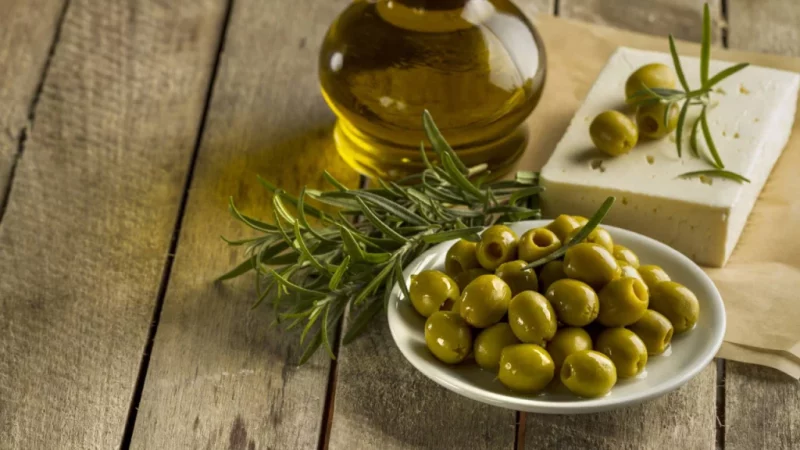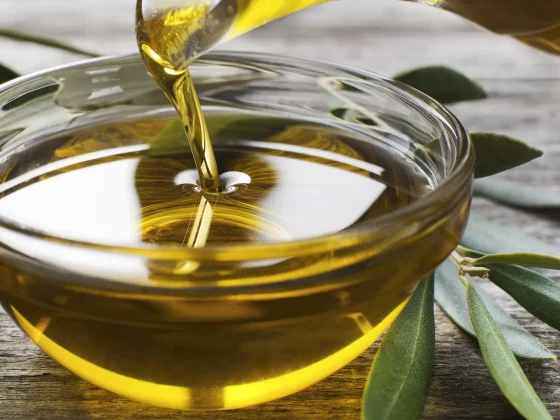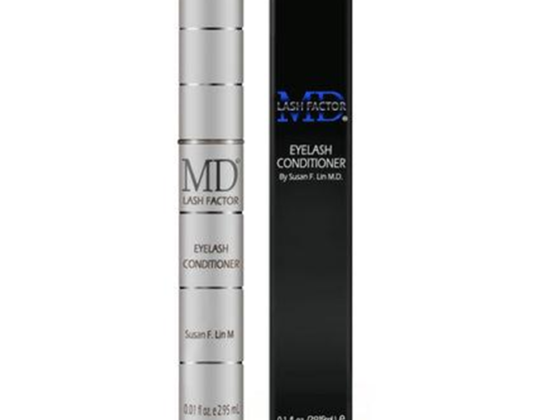Olives are a great source of healthy fats and antioxidants. They can help lower blood pressure and cholesterol levels. They also have anti-inflammatory properties, which can help reduce the risk of various health conditions. Finally, olives are a good source of vitamins B6 and E, both of which are important for overall health.
Olives have been enjoyed for centuries for their health benefits and side effects.
Olives have been a staple in many cultures for centuries and for good reason. These small fruits are packed with health benefits that make them an excellent addition to any diet. One of the most well-known health benefits of olives is their high content of monounsaturated fats, which can help lower cholesterol and reduce the risk of heart disease.
In addition to their heart-healthy properties, olives also contain antioxidants that can help protect against free radical damage and inflammation in the body. This makes them an excellent choice for those looking to boost their immune system or fight off chronic diseases such as cancer and arthritis.
However, it’s important to note that olives do come with some potential side effects as well. For example, they can be high in sodium, which may not be suitable for those on a low-sodium diet or with high blood pressure. Additionally, some people may experience digestive issues such as bloating or gas after consuming large amounts of olives. Despite these potential side effects, overall olives remain a nutritious and delicious food choice for anyone looking to improve their health through diet.
What are the health benefits of olives?
wellhealthorganic.com:11-health-benefits-and-side-effects-of-olives-benefits-of-olives, Olives are commonly known as a healthy addition to any diet. They are packed with powerful antioxidants, including phenolic compounds, which have anti-inflammatory properties that help protect your cells from damage due to free radicals. Olives also contain high levels of monounsaturated fatty acids (MUFAs), which can help lower blood cholesterol levels and reduce the risk of heart disease.
Moreover, olives are rich in vitamin E, a nutrient that helps protect the skin against UV radiation and oxidative stress. They also contain iron, copper, and calcium along with fiber which supports digestive health by promoting regular bowel movement. Additionally, studies show that consuming olives may aid in reducing inflammation associated with conditions such as arthritis.
Lastly, it is important to note that while olives provide an array of health benefits, they also have a high sodium content due to their brining process. Therefore individuals watching their sodium intake should consume them in moderation or opt for low-sodium varieties of olives when possible.
What are the side effects of olives?
While olives are considered to be a healthy source of fats, fiber, and antioxidants, they can also have some negative side effects. One common issue is that consuming too many olives can lead to digestive problems such as bloating and diarrhea. This is because olives contain high amounts of fiber which can be difficult for some people to digest.
Another potential side effect of olives is their high sodium content. Eating too many salty foods like olives can increase blood pressure and put individuals at risk for heart disease or stroke. Additionally, those who are allergic to certain foods may experience an allergic reaction when consuming olives.
It’s important for individuals to consume olives in moderation and be mindful of any negative side effects they may experience. If you have a pre-existing medical condition or food allergy, it’s always best to consult with your healthcare provider before adding new foods to your diet.

How can you get the most out of olives for your health?
Olives are a healthy addition to any diet, as they are packed with essential nutrients and antioxidants that can help promote overall health. One way to get the most out of olives is by consuming them in their raw form, either as a snack or as an ingredient in salads and other dishes. Olives contain healthy fats, including monounsaturated and polyunsaturated fats, which have been linked to a lower risk of heart disease.
Another way to get the most out of olives is by using olive oil in cooking instead of traditional oils like vegetable or canola oil. Olive oil is rich in healthy fats and contains antioxidants that can help protect against chronic diseases such as cancer and Alzheimer’s disease. It also has anti-inflammatory properties, which can help reduce inflammation in the body.
Finally, you can reap the benefits of olives by incorporating them into your skincare routine. The antioxidants found in olives can help protect against damage from free radicals, which contribute to aging skin. You can use olive oil topically on your skin or even create your own DIY face mask using crushed olives mixed with honey or avocado for added moisture and nourishment.
Conclusion
In conclusion, the benefits of olives are numerous and significant. Olives are rich in healthy fats that promote heart health and reduce inflammation in the body. They also contain antioxidants that protect against cellular damage and may even help prevent certain types of cancer.
Furthermore, olives have been shown to improve brain function and may even lower the risk of developing Alzheimer’s disease. They can also aid in weight loss by promoting feelings of fullness and reducing appetite.
While there are some potential side effects associated with consuming olives, such as gastrointestinal discomfort or allergic reactions, these risks are minimal compared to the many benefits they provide. Overall, adding olives to your diet is a simple yet effective way to boost your overall health and well-being.
Read Also…wellhealthorganic-com-benefits-of-ashwagandha-in-hindi










